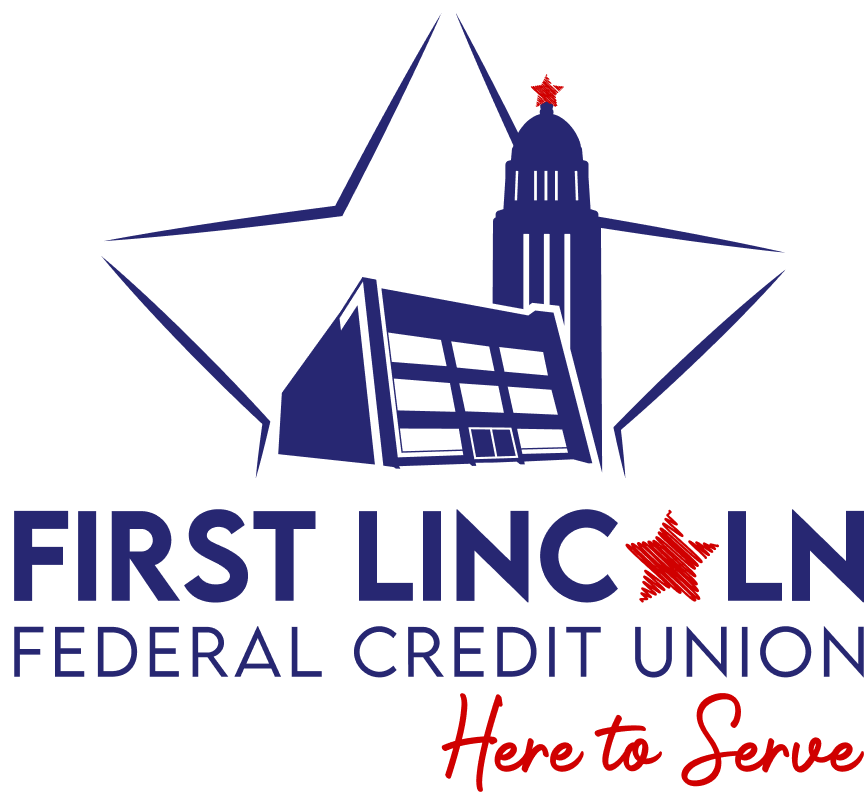Unexpected expenses can happen to anyone. Whether it’s a car repair, a medical bill, or a sudden job loss, having money set aside for emergencies can make all the difference. But if you’re living paycheck to paycheck or managing a tight budget, saving might feel impossible. The good news is that building an emergency fund doesn’t require a huge income—just a plan and consistency.
Here are five practical ways to start saving, no matter your budget.
1. Start Small and Stay Consistent
You don’t need to save hundreds of dollars each month to make progress. The key is to start with what you can afford. Even saving $10 or $20 per paycheck adds up over time. Automating your savings can help too. Most credit unions, like First Lincoln Federal Credit Union, make it easy to set up automatic transfers from checking to savings.
When savings are automatic, you’re less tempted to spend the money. Over a year, even a small weekly contribution can turn into a solid cushion. The goal isn’t to save fast—it’s to save steadily.
2. Cut Back on Non-Essential Spending
One of the easiest ways to grow your emergency fund is by identifying expenses you can trim. Review your subscriptions, dining habits, and impulse purchases. You might be surprised how much you can save by canceling unused memberships or eating out less often.
Consider making a list of your monthly spending and categorizing it into “needs” and “wants.” Redirect a portion of the money from your “wants” category into your savings account. For instance:
Brew coffee at home instead of buying it daily
Limit streaming services to one or two platforms
Plan meals in advance to reduce takeout orders
These small choices can free up extra cash without making you feel deprived.
3. Use Windfalls Wisely
Tax refunds, work bonuses, or even birthday money can make great contributions to your emergency savings. While it’s tempting to spend these unexpected funds right away, setting aside even half of them can give your savings a big boost.
If you receive your refund through direct deposit, you can have part of it sent directly to your savings account. This way, you’re less likely to touch it. Your credit union can help you set up multiple accounts to keep your emergency fund separate from everyday spending.
4. Make the Most of Your Credit Union Membership
Being part of a local financial institution can make saving easier and more rewarding. Credit unions often offer higher savings rates, lower fees, and personalized financial guidance.
Look for features that help you save more effectively—such as automatic savings programs, low-fee accounts, and financial education resources. Some members also use their credit union’s loan options to consolidate debt or refinance at better rates, freeing up more room in their budgets for saving.
By taking advantage of these member benefits, you’ll build not just an emergency fund, but stronger overall financial habits.
5. Build a Habit, Not Just a Fund
Building an emergency fund is about creating habits that support your financial security long-term. Once you reach your first milestone—say, $500—celebrate the progress and set a new goal. Experts recommend having at least three to six months’ worth of living expenses saved, but even a smaller cushion can protect you from taking on unnecessary debt.
To stay motivated:
Track your progress visually using a savings chart or app
Set up small rewards when you hit milestones
Keep your emergency fund in a separate account to avoid dipping into it for non-essentials
Remember, the point of an emergency fund isn’t just to have money available—it’s to give you peace of mind.
Final Thoughts
Saving for emergencies may feel challenging at first, but consistency and small changes can make a real difference. By cutting back where possible, automating deposits, and using your credit union’s tools, you’ll be better prepared for whatever comes your way.
If you’re ready to take control of your finances and explore smarter saving options, visit First Lincoln Federal Credit Union. They’re here to help you plan, save, and build a stronger financial future.


